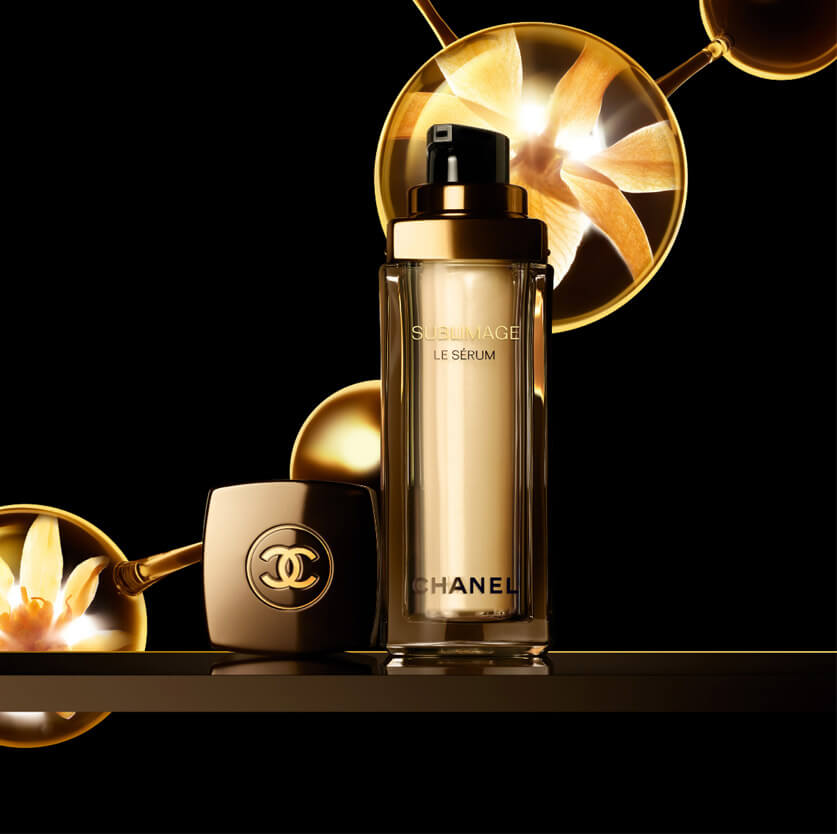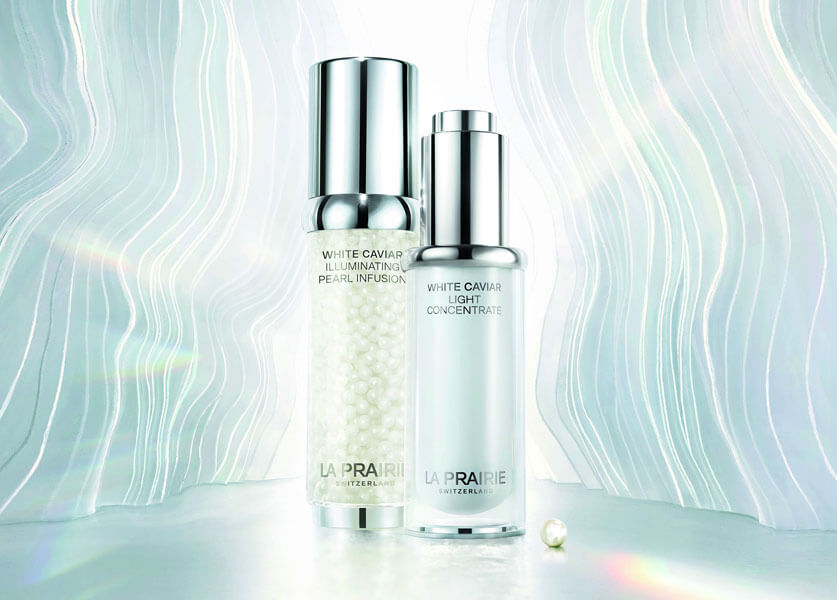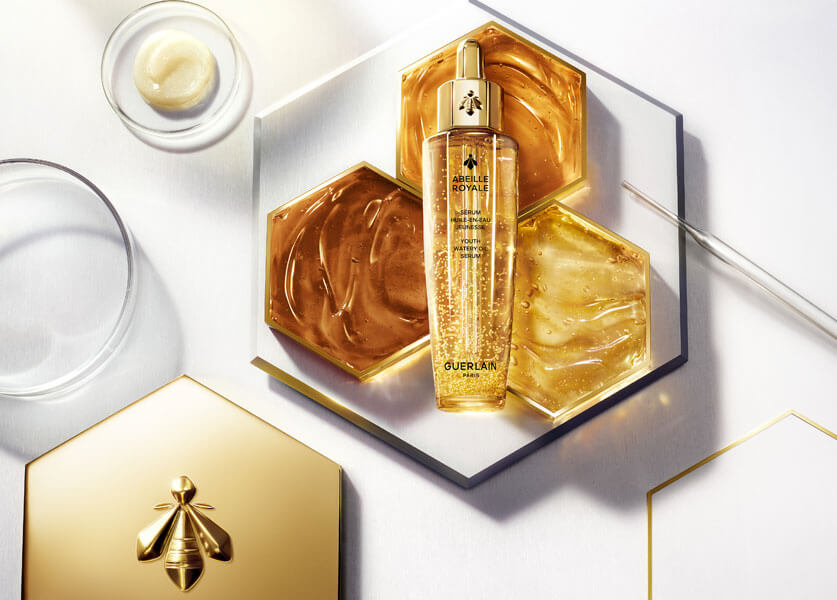Celebrity
A-list Dermatologist Roy Moutran Answers All Our Skincare Questions
Christina Jaber
10-August-2021

We become so happy once it’s summer because the long beach days begin and the tanning process kicks off. However, the idea of ruining our skin stays always there while we are doing our best to ignore it. The sun and the heat are both among the worst aggressors our skin can ever face. But what to do? What’s the best skincare routine before and after sun? And how to defeat early aging?
We asked Associate Professor Roy Moutran, Chief of Dermatology Department at Mount Lebanon Hospital, these questions and more about everything related to skin and treatments. So keep scrolling and find out the best ways to protect your skin.

During summer, what is the best thing to do for your skin in the sun and after being in the sun?
Getting exposed to the sun in summer is definitely joyful, especially at the beach while tanning, but at the same time, it’s extremely harmful. In fact, it’s the most harmful aggressor, as it leads to photo aging, freckles, pigmentation and more. But what to do? The most important thing is the limitation to the sun exposure, which means limiting the time you get exposed to sun, finding a timing when the sun isn’t as strong (before 2 PM and after 4 PM) and using a good sunscreen, every two hours. At night, it’s important to hydrate your face’s skin to avoid dryness, and this step is essential whether you were or not exposed to the sun.
What are the treatments that really make a difference on women’s and men’s skin?
It’s practically the same for men and women, the only difference is that women have a thinner skin than men, which is why we will be advising more concentrated creams for men and lighter creams for women. A good protocol would be a good hydration in the morning and a good concentration of Vitamin C and Vitamin A creams at night for their anti-aging benefits. For example, retinol is one of the best components in a cream with an outstanding anti-aging role, but it comes in high concentrations (between 0.25, 0.5 and 1%). Although the higher the concentration is, the more the benefits are, but we should as well match it with the skin’s ability to bear with, so we use the 1% for men usually and the 0.25% for women.
Will stem cell skin treatments become the new Botox?
Stem Cell skin treatments aren’t an alternative to Botox at all. Stem Cell is a non FDA approved technique to stimulate inner collagen but nothing is sure about it yet. It will never replace Botox, and to do so, it has to replace the movement of the muscles, remove the wrinkles for sure and restructure the face in a beautiful way whenever it is used in the right way and with the right product and with 0 side effects. Again, when Botox is done with the right hands and products, you’ll have beautiful results compared to Stem Cell.
Celebrity-wise, who are clients newly coming in asking to look like?
Recently, everyone wants Bella Hadid’s and Gigi Hadid’s cat eyes. The older generation go more for Jennifer Lopez. In the Arab world, no one will beat Haifa Wehbe in beauty inspiration. She will always be the beauty icon who most women want to look like. She’s the Marilyn Monroe of the Arab world when it comes to beauty. Some people ask for like Nadine Njeim’s sharp jawline, while others don’t like it. I hear a lot of women wanting to stay young like Najwa Karam. I also hear a lot about Cyrine Abdelnour within the younger generation.
Do vitamin and collagen supplements really work on hair and skin?
There’s no proof that they make a real difference. As a doctor, I have to have proofs to prescribe a treatment, and as long as these proofs aren’t there, then I’d say no. However, they might help.
But to replace them, there are many treatments proven to boost collagen and rejuvenate cells like laser treatments, skin boosters, PRP and more. For the hair, it’s different because you’ll have to make sure the patient does not have iron deficiency and you have to scan his/her physical health before deciding on a treatment.
What is the skincare myth you constantly hear?
The myth I constantly hear is that you should keep hydrating all day. Yes, hydrating is definitely important and essential, but at a certain points it turns into a harmful routine. For example, kids who have acne and their moms keep hydrating their skin. This is wrong because acne means sometimes that you skin is over hydrated. And that’s why hydrating is important for a certain age but you should not to exceed the limits in order to avoid acne.
If you could narrow down your skincare steps to the best three, what would they be?
1/Cleansing the face.
2/A light moisturizer and a good sunscreen in the morning.
3/A good treatment at night depending on your skin.

What's your advice for women in their 20s and 30s to halt the aging process?
Sun prevention comes first, and a good skin protocol comes next. Sun exposure is very harmful. You get tanned and you like it but after a few years you’ll realize you’ve been hurting your skin.
As for the skin’s protocol, if your skin is dry make sure to hydrate and if it’s oily, treat it ASAP.
As for Botox, I’d say whenever you start seeing wrinkles, it’s time to go for it. It’s the excellent way to prevent early aging.
What is your favorite skincare product?
Retinol is my favorite, depending on the age and the concentration needed for the skin, and it’s found best in creams.








